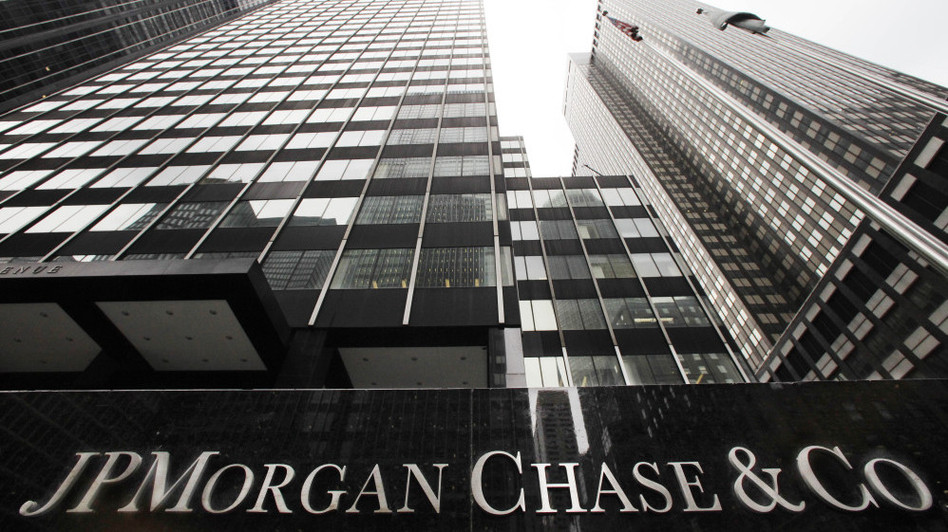
There has been much talk about decisions of foreign investors voting with their feet since the third quarter of 2014 when the effects of falling oil prices hit the Nigerian economy ferociously. The capital market is the worst hit with stock prices tumbling as portfolio investors divested and returned to their countries of origin.
The phenomenon has resulted in serious foreign exchange squeeze that Central Bank of Nigeria had to delist dozens of items from accessing the official windows for import purposes. Even then, the capital market continued to witness loses as stock prices plummeted. Foreign portfolio investors have been divesting and returning to their countries of origin in search for greener pastures.
On September 30, JP Morgan, followed through its threat to delist Nigeria’s bonds listed on the JPMorgan Government Bond Index for Emerging Markets (GBI-EM) by axing half of the portfolio. The remaining half will be removed by end of October, 2015.
Analyst said the negative rating precipitated by JPM is a conspiracy against Nigeria because of the drop in global oil prices. The target is to devalue Naira to enable foreign investors buy FG bonds and equity at cheaper rates. It should be noted that JPM and co-investors has already divested above $5 billion of their $8 billion invested in the country which has depleted our foreign reserves by close to $2.75 billion out of the current $32 billion.
The decision, which means investment funds tracking the index will sell Nigerian bonds, according to Reuters, would add upward pressure to borrowing costs for Africa’s largest economy already reeling from a sharp drop in oil revenues.
The bank said in a note 50 per cent of bonds would be removed as of September 30, part of its month-end index rebalancing, cutting Nigeria’s weight to 0.79 per cent. The weight of Brazil and South Africa will increase by 0.80 per cent and 0.20 per cent respectively.
Central Bank of Nigeria (CBN) Governor, Mr. Godwin Emefiele, while addressing journalists at the end of the Monetary Policy Committee (MPC) in September said the central bank was “very much optimistic that in due course, by the time we are able to achieve some moderation in demand for the importation of these (items excluded from funding in the official forex market), it should be possible for us to return to the index.
“We will continue to make sure that those decisions we took will continue to impact positively on the lives of our people. And we are committed to it. We will try as much as possible to play our part as the monetary authority to do our best to continue to engender growth and create employment for our people so that we can continue to see economic growth and development in Nigeria.”
In 2012, Nigeria became the second African country after South Africa to be listed in the index with a weight of 1.8 per cent. The estimated yield for Nigeria bonds on the index was quoted at 14.83 per cent as at September 25, marking the second highest yield after Brazil at 15.75 per cent, the bank said. Analysts said they expected bond yields to trade flat after the delisting on September 30 because domestic buyers had stepped in since foreigners left the market.
Yields on government bonds spiked last month on the news of the delisting with the 10-year benchmark debt rising to as much as 16.68 per cent, prompting the bond market regulator to widen spreads to calm volatility. One European asset manager told Reuters in Lagos that his fund was still interested in naira debt despite the index expulsion but would buy only if the yield rose to around 20 per cent, to compensate for currency risk.
JPMorgan said Nigeria would not be eligible for re-inclusion in the index for a minimum of 12 months.
Incidentally, capital market divestments as well as JP Morgan delisting will only affect the debt market. Their real effects are not to be immediately felt in the real sector of the economy. While the economy is generally groaning under the yoke of adverse crude price regime, real investors are not considering en exit.
On the contrary, more potential investors have been making enquiries and approaching President Muhammadu Buhari during his increasingly frequent foreign trips. Already, the Federal Government has licensed 35 vehicle manufacturers to set up plants in the country.
This was an improvement over the 20 automobile assemblage plants recognised by the National Automobile Council (NAC) with production capacity expected to exceed 50,000 units of new vehicles market share.
As incentive, government directed Nigerian Customs Service to raise tariff on fully built and used imported vehicles to 70 per cent while local automobile manufacturers will enjoy 20 percent tariff on completely knocked down units (CKDs).
Currently, Stallion Nissan Motors, Automobiles Nigeria (PAN) Limited, Innoson Motor Company and Dana Motors have started assembling vehicles such as Kia and Renault locally. For instance, Stallion Nissan Motors Limited had its assemblage plant in Lagos with the capacity to build 6,000 vehicles annually produce such brands like Nissan Patrol Jeep, Nissan Almera and the South African-modelled MP 300 pick-up vans.
